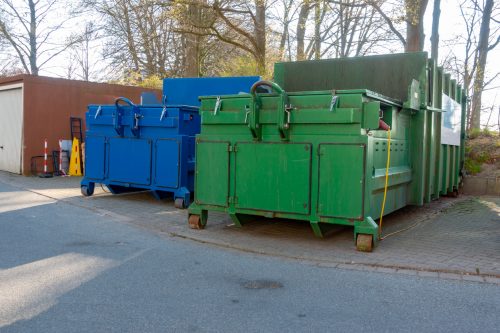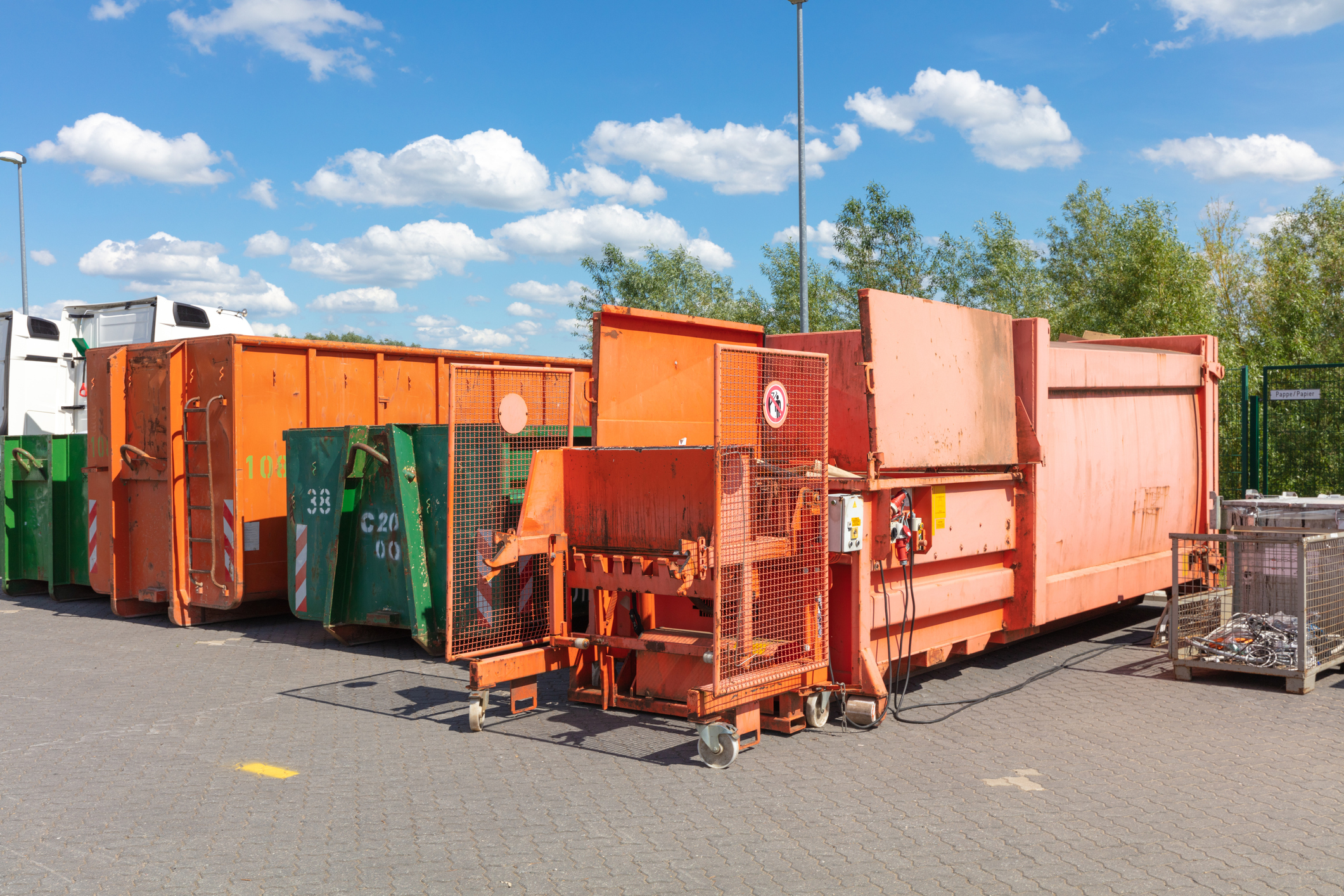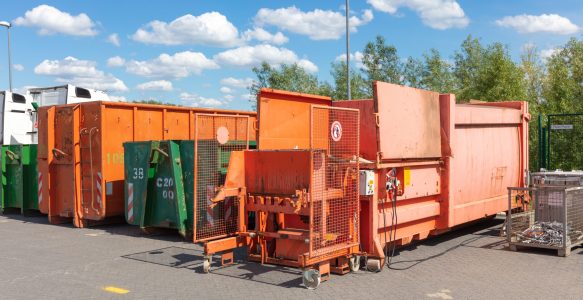One of the most popular pieces of equipment for waste management procedures is the compactor. A commercial compactor considerably reduces garbage volume, freeing up space, minimizing dumpster rummaging and pilfering, as well as lowering unpleasant odors, and preventing vermin problems near waste disposal.

A commercial compactor is a smart investment for any company trying to streamline its trash management procedures. The greatest compactor for a business isn’t always obvious, though. Understanding the distinctions between the two primary types of compactors, each of which has advantages, will help you decide which is ideal for your trash management requirements.
Dry Waste Versus Wet Waste
The kind of waste that each type of compactor processes is what distinguishes them most from one another. A self-contained device will best meet your demands if your business handles a significant amount of wet garbage, such as a restaurant or hospital, whereas stationary compactors are suitable for dry, solid waste.
Self-Contained Compactors
Wet and granular waste materials should be placed within a self-contained compactor for garbage that produces liquids after being compressed to prevent a mess from the liquids. For compactors that aren’t self-contained, liquids are a huge problem. This is due to the fact that the liquid and solid waste must be handled separately, making it difficult to manage without a container to collect it all.
Self-contained compactors have a container that is specifically designed to collect liquid trash attached to the machine. The container makes it simple to dispose of the waste in a safe and responsible manner as this type of waste needs to be disposed of differently from other wastes. Additionally, none of the liquids penetrate the solid trash while compacting, preventing a variety of messes that would necessitate cleaning the compactor after each usage. Self-contained compactors have drainable sumps to make sure the device is ready for these jobs.
The best equipment to handle your wet-waste requirements is self-contained garbage compactors.
There are several industries where self-contained units are a great option, including:
- Retail Supercenters that routinely process wet trash
- Supermarkets
- Malls
- Movie theaters
- Restaurants
- Hospitals
- Food processors
Stationary Compactors
Dry garbage is compressed effectively and securely by stationary compactors. Stationary compactors are best used for solid garbage where there is no chance of liquids spilling during the compacting process because they lack a storage container for liquid waste.
As a result, cardboard, newspapers, and other comparable items can be compacted using a stationary compactor.
The advantages of stationary compactors include a significant decrease in the overall cost of waste removal. The decrease in trash also means less rubbish added to landfills, which reduces the carbon footprint of your business.
Stationary compactors are fantastic for sectors like:
- Garbage haulers
- Home supply networks
- Apartment complexes
- Clothing and retail networks
- Distribution centers
- University campuses
- Governmental organizations
Protect Your Self-Contained Compactor
Innovative technologies are available to safeguard your compactor from suffering significant, expensive damage as well as from hurting anyone close.
C-BASS Prevents Serious Damage and Harm to Your Compactor
Self-contained compactors are specifically protected from damage by the C-BASS Break Away Safety System by Stucchi due to the risk associated with servicing these compactors. Hydraulic hoses must always be disconnected by the driver before the hauler leaves the scene every time your compactor is picked up. Most businesses are unaware of how frequently hoses are left connected accidentally, leading to hydraulic spills, electrical damage, and even projectile equipment that puts people at serious risk of fatal injuries.
To discover more about the various advantages of C-BASS, view the FREE Whitepaper and watch this brief video that demonstrates how this damage happens.
For more than 60 years, Stucchi has been a market leader, offering hydraulic solutions to several sectors and applications worldwide. We provide hydraulic quick coupling products and solutions of the highest caliber, durability, and dependability tailored to your unique application requirements. Get in touch with us to find out more about how the C-BASS solution from Stucchi can protect your self-contained trash compactor.

